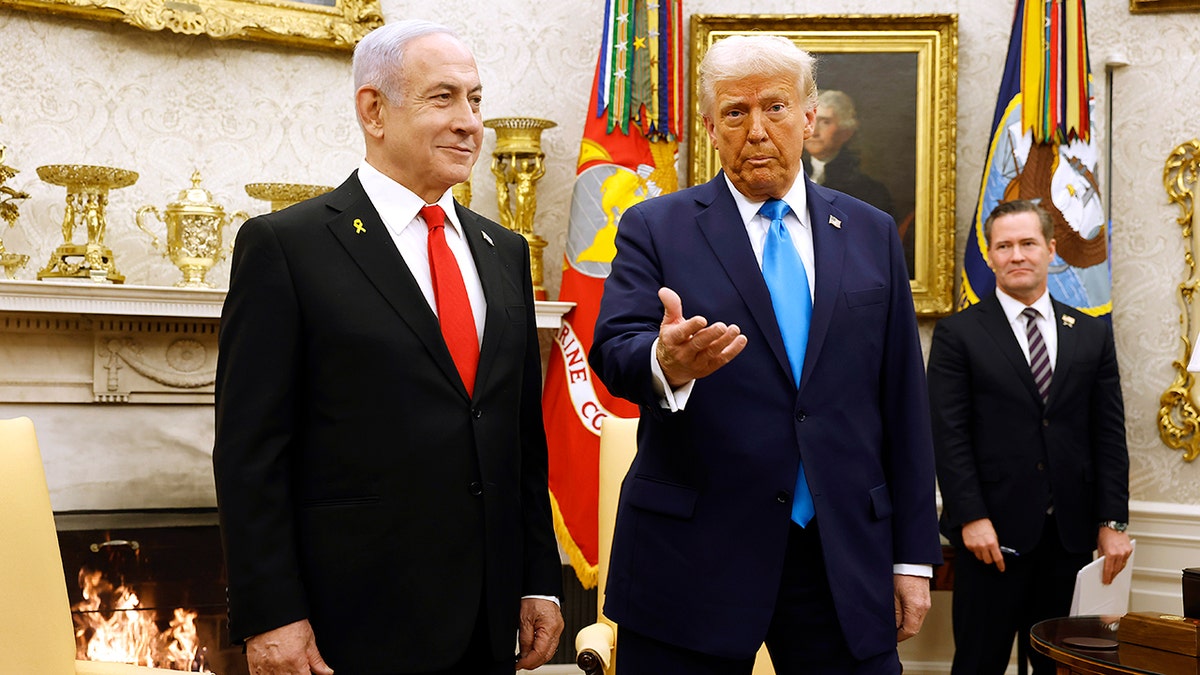Mayor Paul Young aims to channel Guard into support roles while coordinating with state and federal partners
Memphis Mayor Paul Young said he received his first firm confirmation of a National Guard deployment when President Donald Trump announced it on television, following days of talks with Tennessee Gov. Bill Lee’s office and federal law enforcement about boosting public safety. Young, who did not request the Guard and disputes that he is pleased about the move, signaled he will focus on directing the mission toward practical support for local efforts as the city reports year-to-date declines in major crime but continues to grapple with long-standing gun violence.
Mission still being defined
Details on troop numbers, timelines, and specific duties are pending, with Lee and Trump set to confer again next week. The governor has framed the deployment as an accelerator to an ongoing FBI-led operation with state and local agencies that has already targeted violent offenders. Young said Guard units could assist with traffic and large events, monitor cameras and call in backup when needed, and contribute to neighborhood upkeep, allowing police to stay focused on priority crime suppression.
Balancing safety, trust, and recent history
Memphis is managing a complex landscape: police report major crime at a 25-year low through the first eight months of 2025 and homicides at a six-year low, yet the city endured a record 390 homicides in 2023. The community remains sensitive after the 2023 death of Tyre Nichols and a federal civil rights probe that the Justice Department later withdrew under the current administration. Young acknowledged fears tied to past Guard deployments and stressed the need for restrained, clearly defined roles that enhance security while respecting civil liberties.
Regional ripple effects and the DC comparison
A draft Louisiana plan contemplates activating 1,000 Guard troops to support urban police if requested by the governor, drawing mixed local reactions as some cities note falling crime. In Washington roughly 2,000 Guard troops from multiple states remain visible in key transit and public areas even after the federal emergency order lapsed. Because DC’s Guard answers directly to the president, its model differs from state-controlled units, and it remains unclear whether Memphis would host out-of-state troops. Past Guard roles in Tennessee have ranged from disaster relief to support during protests.
A stability-first approach
For Memphis and the region, success hinges on a disciplined command structure, measurable goals, narrow and time-bound tasks, and transparent coordination among local, state, and federal partners. A targeted Guard presence that frees officers to pursue violent offenders, coupled with community engagement and oversight, can reinforce public safety without eroding trust. The priority is clear: protect law-abiding residents, sustain recent gains, and restore confidence in the rule of law.





